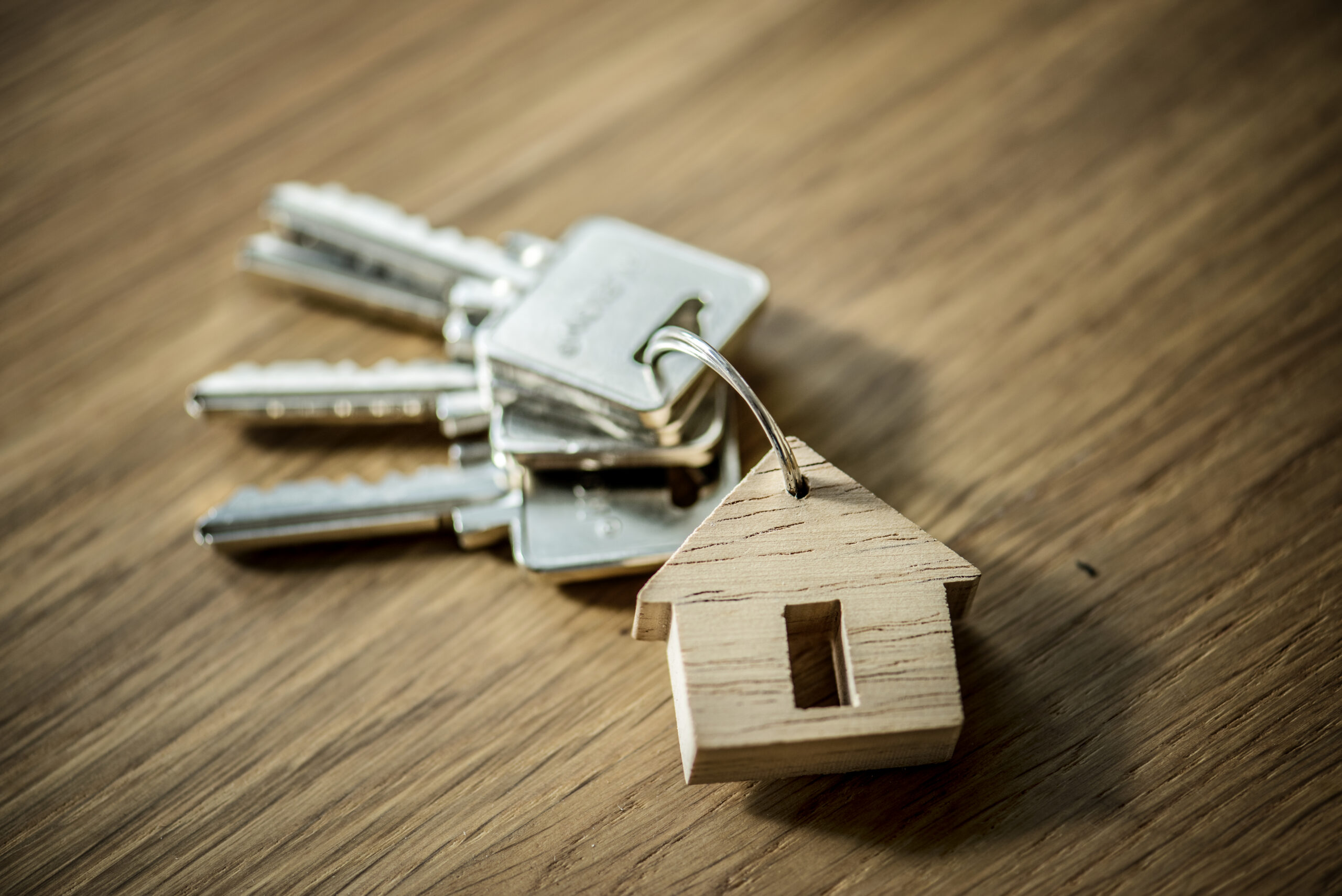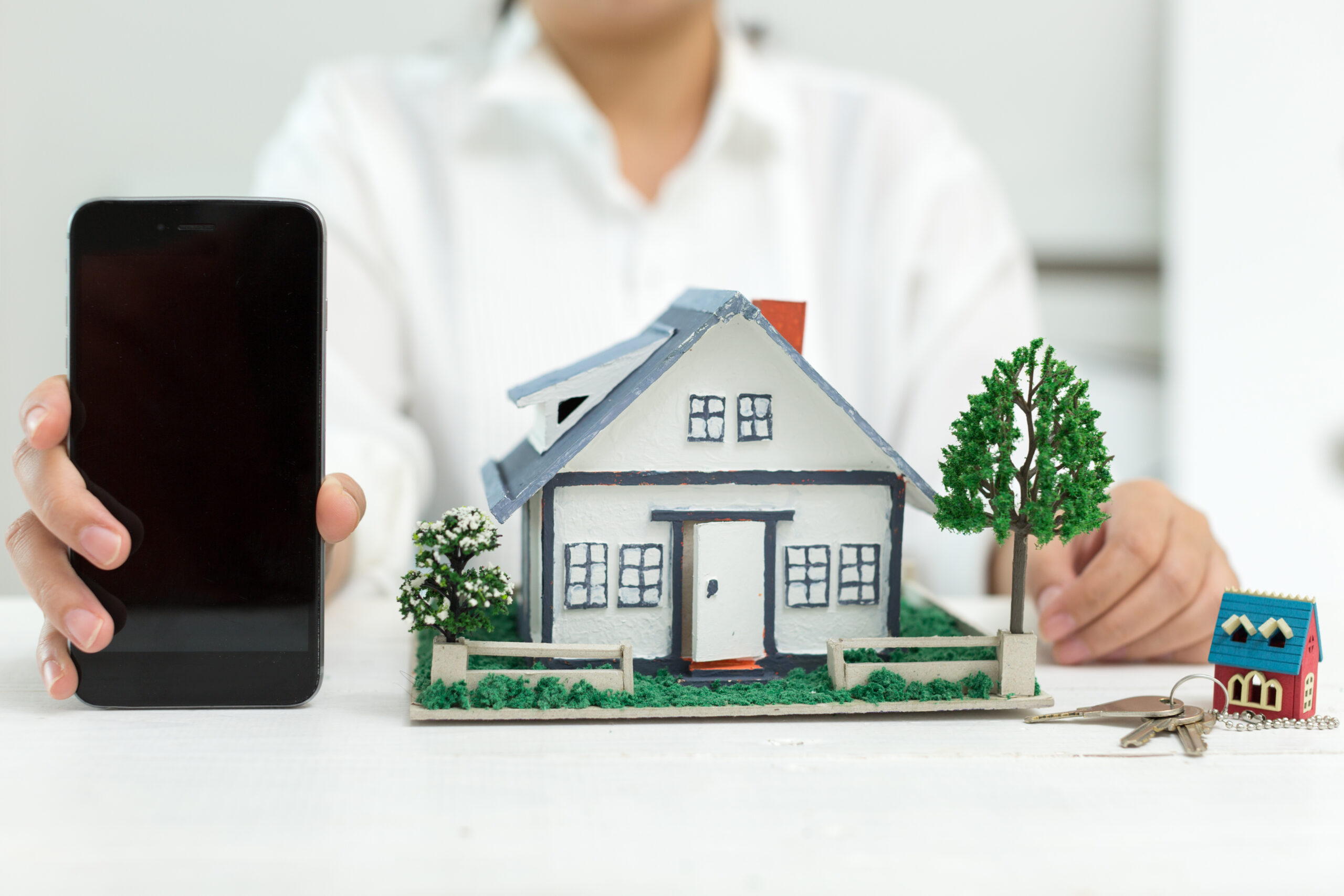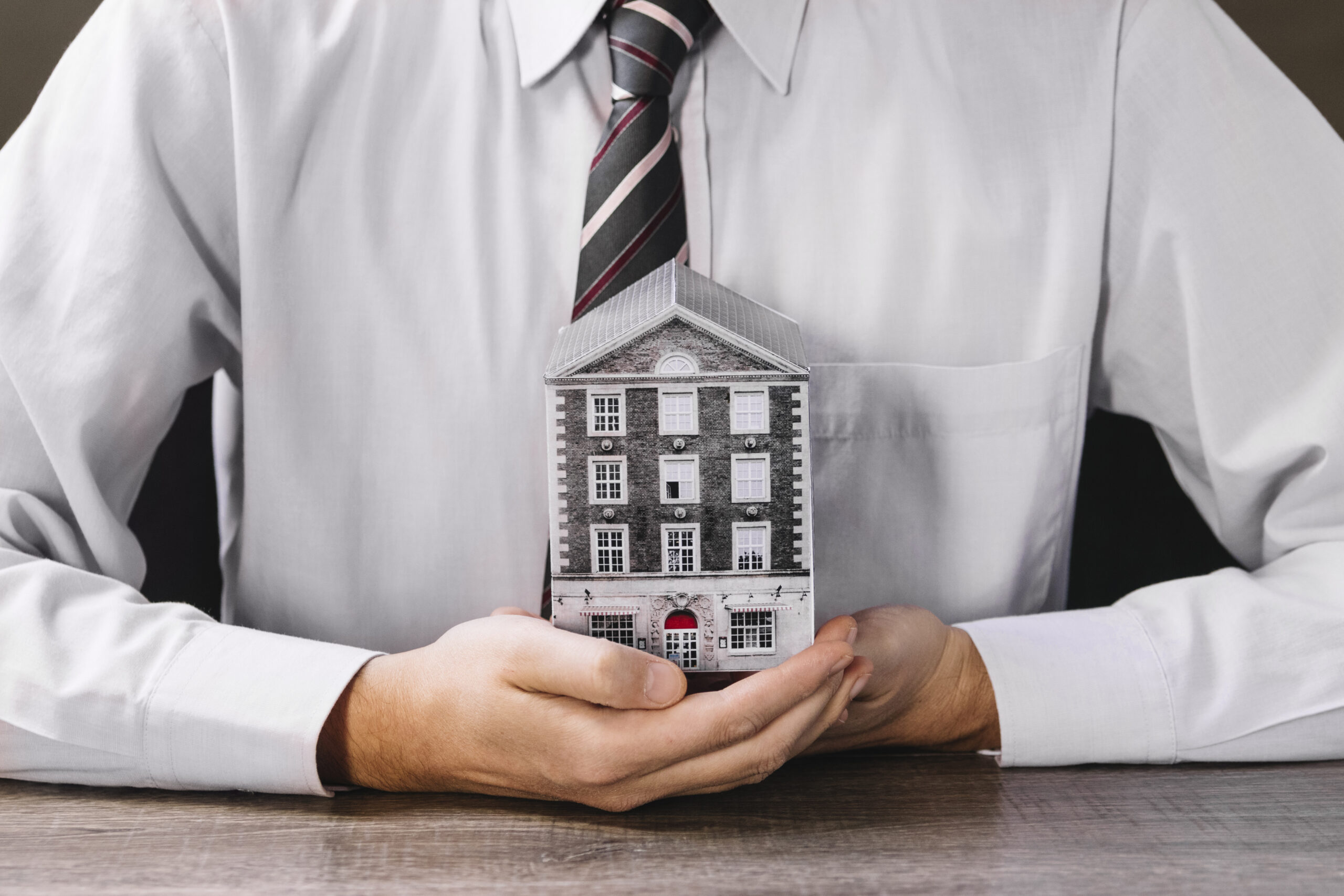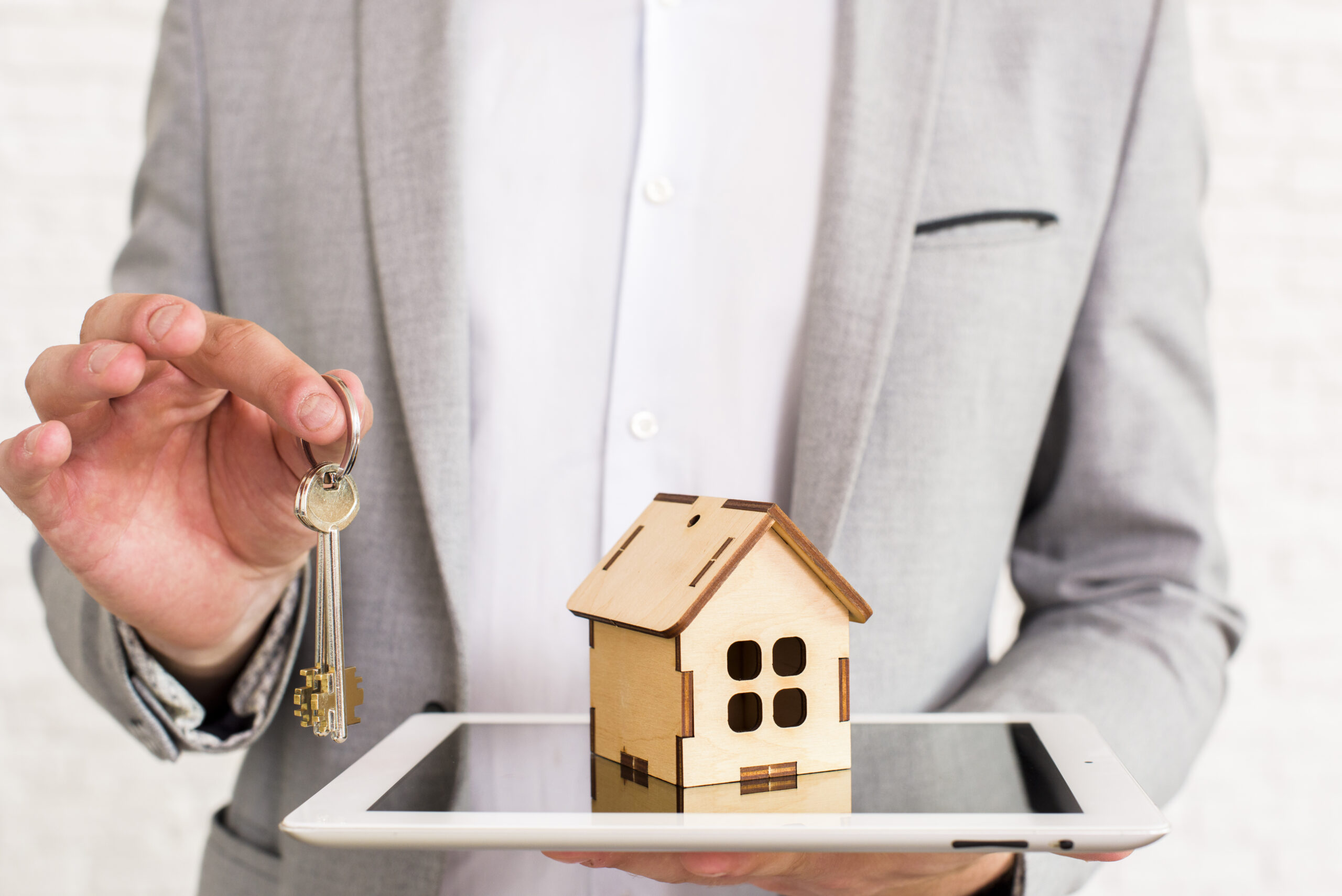
24 Oct Sustainable Property Management in St. Louis: 5 Key Tips for Every Owner
Sustainability and Property Management: Tips for St. Louis Property Owners
Sustainability is no longer merely a trendy term; it’s essential in our swiftly evolving world.
Integrating sustainable practices into property management can benefit St. Louis property owners, from increased property values to satisfied tenants. Marrying property management concepts and sustainability can pave the path for a more colorful, verdant fortune.
Why Sustainability Matters in St. Louis Property Management
With its rich history and diverse property landscape, St. Louis has a unique role in promoting sustainable property management. As the climate shifts and cities grapple with growing pressures, adopting sustainable methods in property management can alleviate environmental consequences, cut down expenses, and safeguard properties’ lasting worth and lifespan.

Understanding the Basics: What is Sustainable Property Management?
At the heart of sustainable property management is the commitment to manage properties to reduce environmental harm, foster health and comfort for its residents, and guarantee sustained financial gains.
It’s about finding the sweet spot between planet-conscious decisions and bottom-line benefits.
The Triple Bottom Line: Individuals, Planet, and Returns
Sustainable property management isn’t just about going green. It’s about striking a balance between the needs of individuals, our planet’s well-being, and property owners’ financial interests.
St. Louis property owners can ensure they’re making well-rounded decisions by adhering to the triple bottom line.
Benefits of Sustainable Property Management
Increased Property Value
Commercial property for sale St. Louis that embrace sustainable practices often experience a boost in their market value. This is attributed to the inclusion of energy-efficient appliances, solar panels, and eco-friendly landscaping, making these properties more appealing to potential buyers and renters.
Reduced Operating Costs
Energy-efficient lighting, proper insulation, and water-saving fixtures can substantially decrease utility bills. As time passes, these savings grow, demonstrating that sustainability benefits the environment and one’s finances.
Enhanced Tenant Satisfaction and Retention
Tenants increasingly seek properties that align with their values. Property owners can attract and retain a conscientious tenant base by offering a sustainable living environment.
Positioning for Future Regulatory Changes
As sustainability becomes a global priority, regulatory changes are on the horizon. By taking the initiative, property owners can stay ahead of anticipated regulations, ensuring they are well-prepared and not surprised.
Implementing Sustainability in Property Management
Energy Efficiency Improvements
Transitioning to energy-efficient measures is a powerful approach for property owners to enhance the sustainability of their buildings. Given St. Louis’s varied weather patterns, solutions like LED lighting, high-performance windows, intelligent thermostats, and superior insulation can diminish energy use. As time progresses, such enhancements curtail the building’s environmental impact and lead to considerable savings on utility expenses for property owners.
Water Conservation Techniques
Moisture is an extraordinary help, and its conservation is essential for sustainability. Installing low-flow faucets, toilets, and showerheads can drastically reduce water usage. Additionally, rainwater harvesting systems or greywater recycling can be integrated into significantly larger properties to reuse water for landscaping or toilet flushing.
Sustainable Waste Management and Recycling
Effective waste management is crucial for any sustainable property. Property owners should encourage tenants to segregate waste, ensuring recyclables are adequately processed. Providing separate bins for organic, recyclable, and general rubbish can facilitate this. Additionally, composting organic waste can significantly reduce waste and produce nutrient-rich compost for landscaping.
Green Building Materials and Renovations
Choosing sustainable or green building materials can make a huge difference when considering renovations. These materials often have longer lifespans, are sourced responsibly, and have low environmental impacts. For instance, bamboo flooring is a sustainable alternative to traditional hardwood. Similarly, paints with common volatile organic compounds (VOCs) ensure better indoor air quality.
St. Louis’s Unique Property LandscapeHistorical Buildings and Sustainable Upgrades
St. Louis boasts a range of historical buildings, each with its unique charm. While they represent the city’s rich history, they might only sometimes be the most energy-efficient. However, with careful planning, these structures can be retrofitted with sustainable upgrades, preserving their historical significance while aligning with modern sustainability standards.
Landscaping in the Gateway City: Native Plants and Reduced Water Usage
Native plants are adapted to St. Louis’s climate and soil, making them drought-resistant and requiring less maintenance. Incorporating these plants in landscaping reduces the need for irrigation and frequent upkeep. Moreover, they provide habitats for local wildlife, promoting biodiversity.
Tools and Resources for St. Louis Property Owners
St. Louis property owners can navigate the path to sustainability with help. Numerous local incentives, grants, and professional organizations offer support. By tapping into these resources, property owners can access funds, knowledge, and expertise to make their properties more sustainable, enhancing their appeal to potential tenants and increasing their market value.
FAQs
What makes sustainable property management different from traditional property management?
Sustainable property management focuses on eco-friendly practices that reduce environmental impact and offer long-term profitability. Traditional management might not prioritize these green initiatives, while sustainable management integrates them into every decision, from energy efficiency to waste management.
How can property owners in St. Louis get started with sustainability?
Begin with an energy audit to identify areas for improvement. Contact local authorities or organizations offering guidance and resources on sustainable property upgrades. Consider changes like installing energy-efficient appliances, embracing water conservation
techniques, and integrating green building materials in renovations.
Are sustainable properties more expensive to manage?
While the initial investment for sustainable upgrades energy is increased, the long-term savings in energy costs, water bills, and even potential tax incentives can make sustainable properties less expensive to manage in the long run.
How do tenants benefit from sustainable property management?
Tenants benefit from reduced utility bills, healthier living environments (due to better air quality and non-toxic materials), and the satisfaction of contributing to eco-friendly living.
Many modern tenants prefer properties that align with their values toward sustainability.
Do sustainable property practices increase the value of a property in St. Louis?
Yes, sustainable properties often have a higher market value. As awareness about environmental issues grows, more buyers and renters are drawn to properties that showcase sustainable features.
How does St. Louis’s historical architecture fit into sustainable property management?
Many of St. Louis’s historical buildings can be retrofitted to include sustainable features without compromising their architectural integrity. This melding of old and new can create environmentally friendly properties steeped in the city’s rich history.
Conclusion
Sustainable property management is the future, especially in cities like St. Louis, that blends historical charm with modern aspirations. By integrating the essential tips and strategies discussed, property owners can pave the way for a more sustainable, eco-friendly, and profitable future. Embracing these sustainable practices uplifts the environment and offers tangible benefits to property owners and tenants, marking a win-win for all. St. Louis is a beacon with its unique blend of history and modernity, showcasing how sustainability can be seamlessly integrated into property management.
 CLICK HERE FOR PODCAST
CLICK HERE FOR PODCAST

